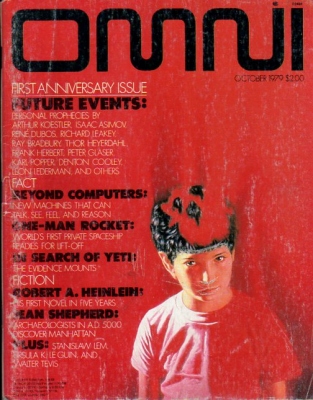The Golden Age of Science Fiction: “The Way of Cross and Dragon,” by George R. R. Martin

The Hugo Award was first presented at the 11th World Science Fiction Convention (sometimes called Philcon II), held in Philadelphia from September 5-7, 1953. No short fiction awards were presented the first year. In 1955, the first award for Best Short Fiction, not yet known as a Hugo Award, was given to Eric Frank Russell’s “Allamagoosa.” The Short Story award has been presented annually since its introduction in 1955 with the exception of 1957. The Hugo Awards are nominated and voted on by the members of the World Science Fiction Convention. Martin won two Hugo Awards in 1980, for “The Way of Cross and Dragon” in the Short Story Category and “Sandkings” in the Novelette category. He had previously won a Hugo for his novella “A Song for Lya” in 1975 and would win a second novella award for “Blood of the Dragon” as well as a Best Dramatic Presentation: Long Form Hugo for season 1 of Game of Thrones. The only fiction category in which he has not yet won a Hugo is the Best Novel category. In 1980, the Hugo Award was presented at Noreascon Two in Boston, Massachusetts on August 31.
The Locus Awards were established in 1972 and presented by Locus Magazine based on a poll of its readers. In more recent years, the poll has been opened up to on-line readers, although subscribers’ votes have been given extra weight. At various times the award has been presented at Westercon and, more recently, at a weekend sponsored by Locus at the Science Fiction Museum (now MoPop) in Seattle. The Best Short Story/Short Fiction Award was one of the inaugural awards, when it was won by Harlan Ellison for “The Region Between.” Ellison won the award 6 times in its first 9 years. In 1980, George R. R. Martin won the tenth annual award for “The Way of Cross and Dragon,” which appeared in Omni magazine. In 1980. The Locus Poll received 854 responses.